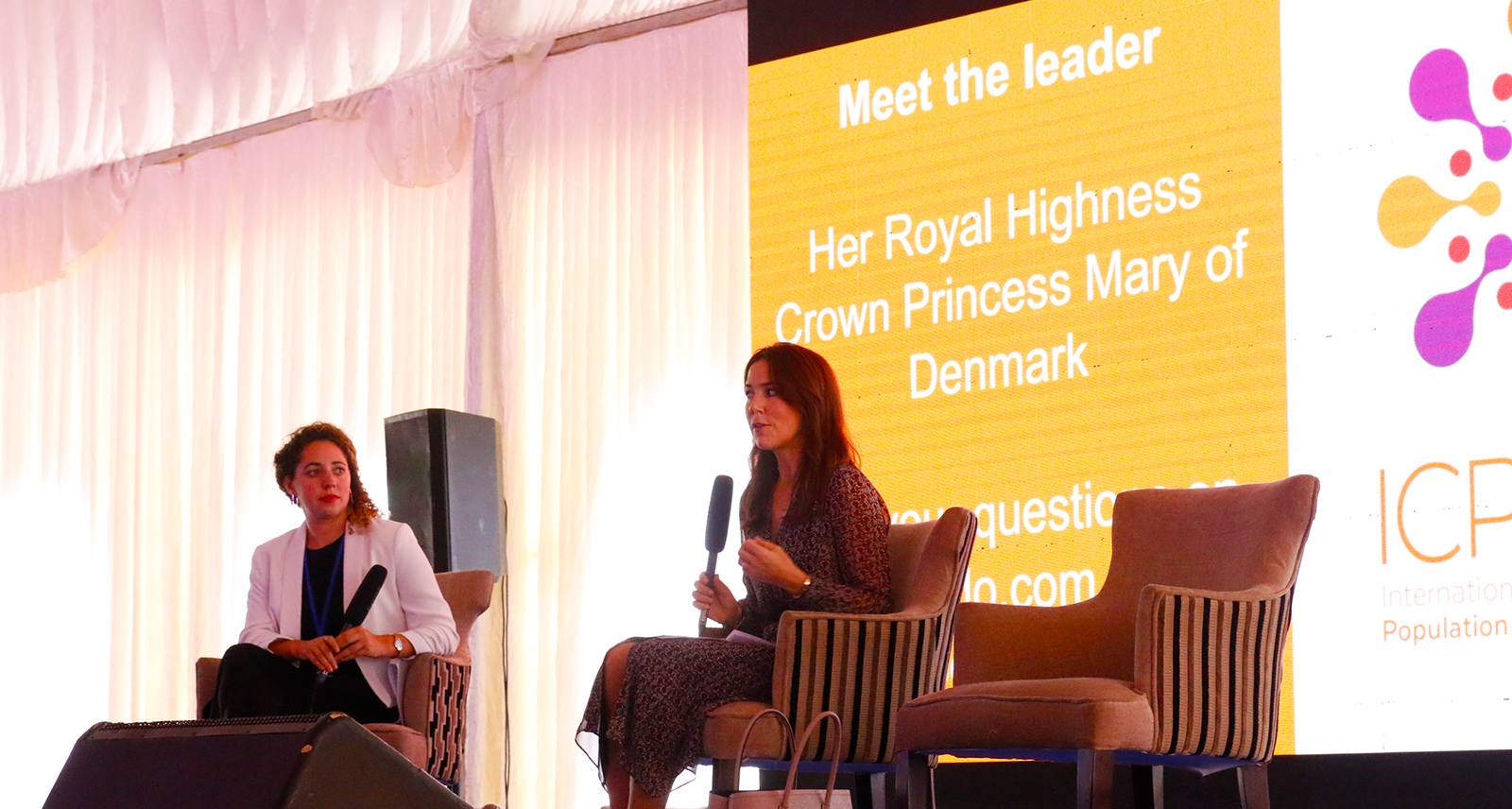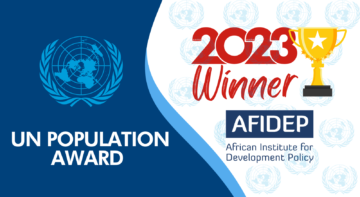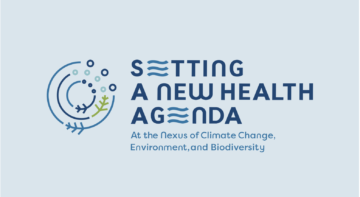Actualités

The much anticipated 25th convening of the International Conference on Population and Development (ICPD25) kicked off Tuesday, 12 November 2019 in Nairobi Kenya. About 6,000 delegates are attending the high-level meeting that is flanked by Heads of States, Government Ministers, Dignitaries and Representatives from across the world.
Among the highlights of such an event is, of course, the opening ceremony, where momentum and anticipation for what lies ahead are heightened by keynote addresses that set the scene by giving an overview and contextualise issues of focus. It is, therefore, no mean task for the speakers who have to encapsulate salient issues with great depth, and invigorate participants within short time limits of delivery. For ICPD25, the agenda comes with about 141 sessions under 5 broad themes, and for the speakers to make commitments for action.
So how did the opening remarks for the landmark event fair on this task?
The President of Kenya, His Excellency Uhuru Kenyatta impressed with a balanced speech backed up by numbers and statistics to describe current realities and paint a picture of how different things would look like if sustained action is taken. While acknowledging that significant progress for women and girls has been made since the first ICPD conference in 1994, President Uhuru Kenyatta noted that key milestones were yet to be achieved. For example, “even though globally maternal mortality had fallen by about 45 percent since 1990,” it is still not acceptable that “800 women and girls die every day during pregnancy or childbirth.” On female genital mutilation (FGM), he noted that over 4 million girls around the world are subjected to the practice and have to live with traumatic effects that come with it. The President reaffirmed Kenya’s commitment to ‘end FGM in this generation’ by 2022, and explained measures taken towards realising this bold target. These include a landmark declaration with neighboring countries to end cross border FGM and agreement with religious and cultural elders to eliminate the practice.
His speech further panned issues of focus to make connections with broader areas on inequality and demographic diversity. “Some countries are facing rapid population aging, while others prepare for the largest cohort of young people the world has ever seen,” he said. “This has made commitments more urgent and complex, and with platforms such as the SDGs that help to address these issues comprehensively, there is need for evidence to inform technologies to guide and support policy.” He emphasised the need for education as the currency of the 21st century, explaining that investing in women’s advancement would yield “1.2 trillion dollars to global growth by 2025.”
“I like that President Uhuru’s speech broadened the issues and was specific on actions that need to be taken to address these issues,” said Dr Eliya Zulu, Executive Director, AFIDEP. “The president used evidence and was specific on which areas progress had been made, and where more effort is needed.”
The critical role of investing in women and youth to achieve the promise of ICPD was a central focus for the other speakers at the opening plenary. “Women reproductive health is a human right and is not up for negotiations,” said Dr Natalia Kanem, Executive Director, UNFPA. “ Zero is the only acceptable target for maternal deaths, unmet need for modern contraception, gender-based violence, among others. We need to commit the necessary investments to realize this target,” she said.
Amina Mohammed, UN Deputy Secretary-General called for investments in human capital that holistically address the life cycle of individuals from birth to old age with special focus on adolescents and youth.
Her Royal Highness, Mary, Crown Princess of Denmark, called for a stronger evidence base for the effective implementation of the ICPD Programme of Action. She also discussed the difficulties around decision-making to advance sexual and reproductive health globally, pointing out that this was partly because of the private nature and social and cultural sensitivities around sexuality. During the session, the Government of Denmark, which is co-convening ICPD25 with UNFPA and the Government of Kenya, made a commitment to supporting action to make the outcome of ICPD25 a reality through UNFPA and like-minded institutions.
Related Posts




